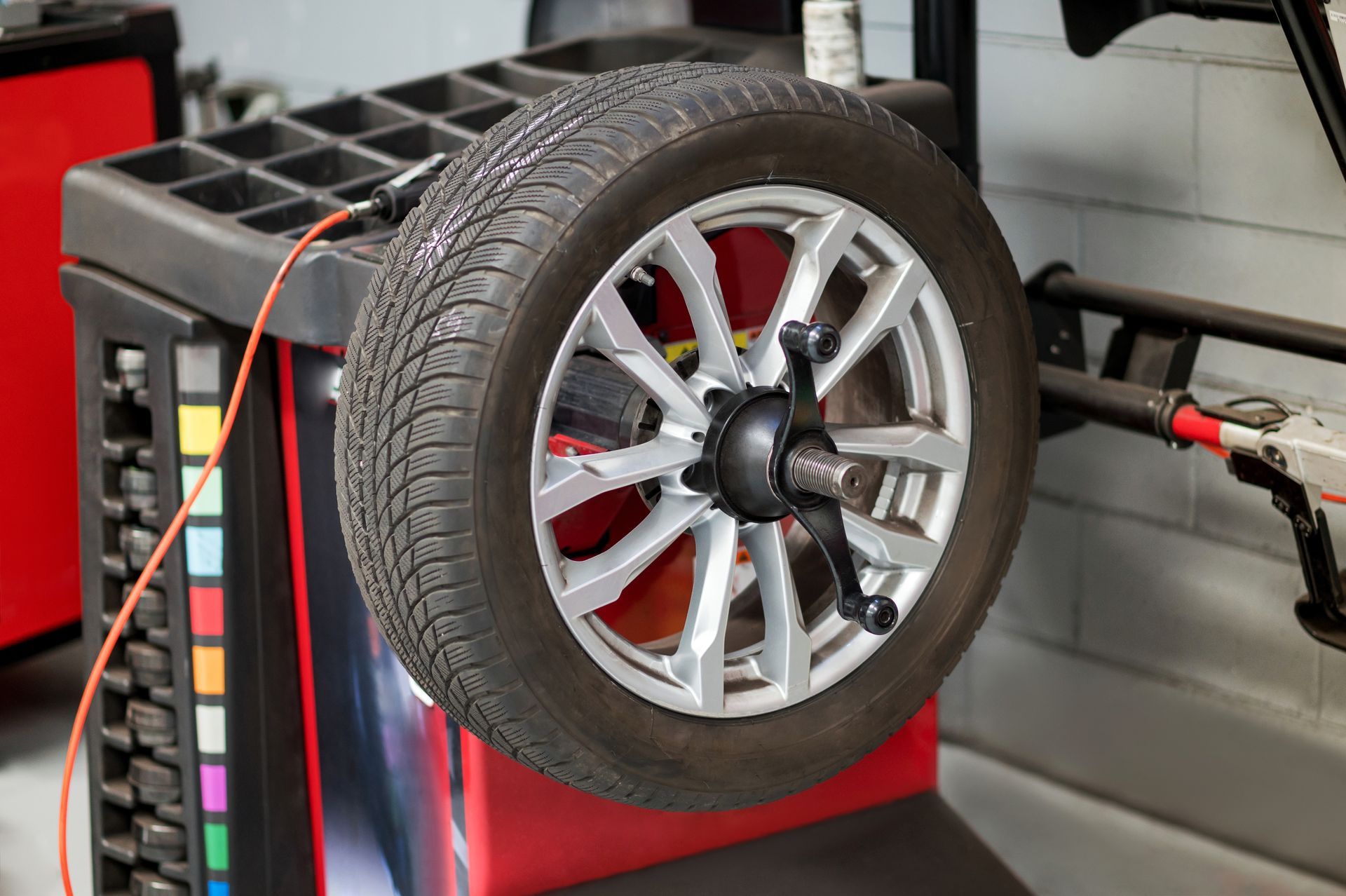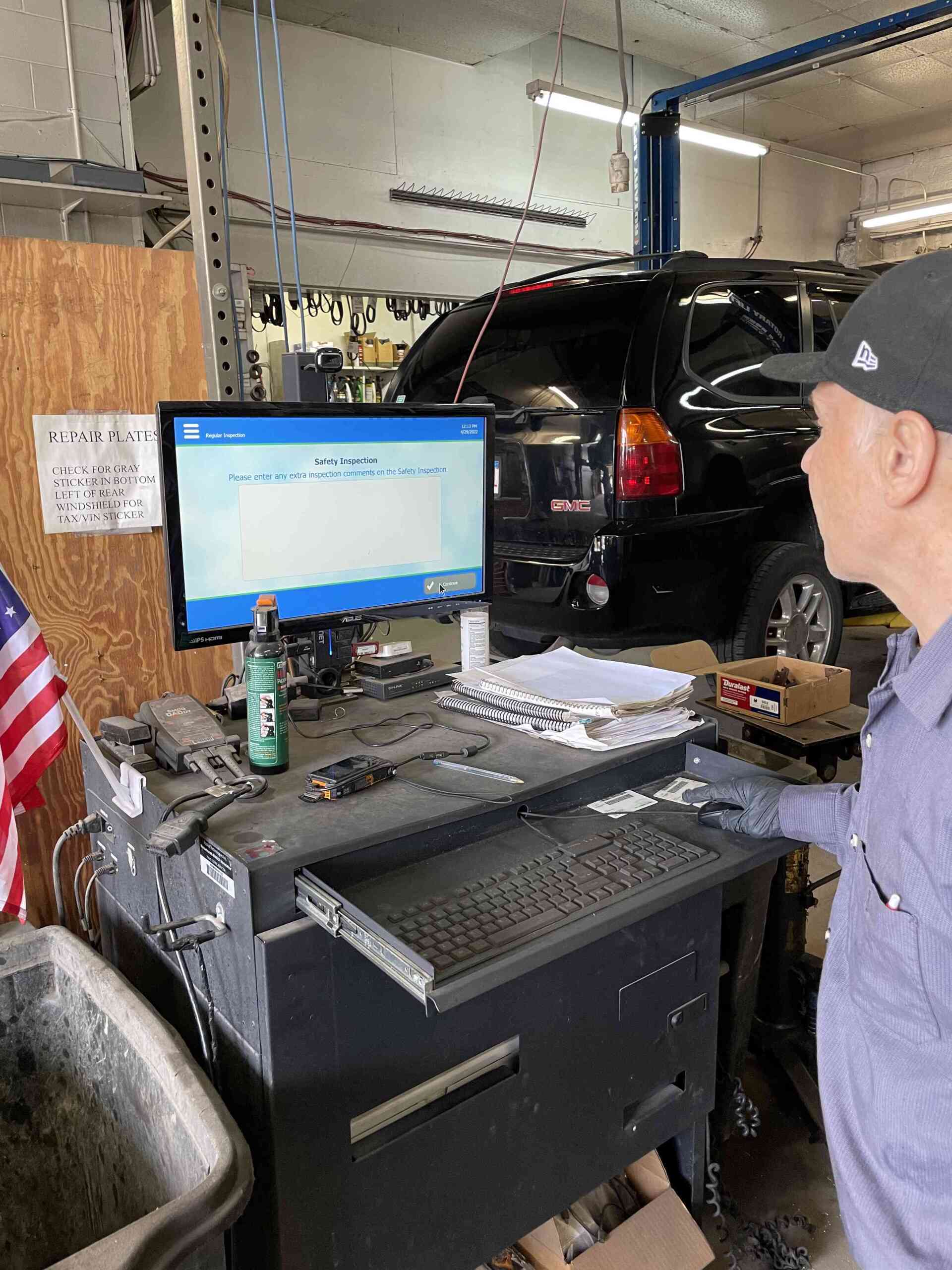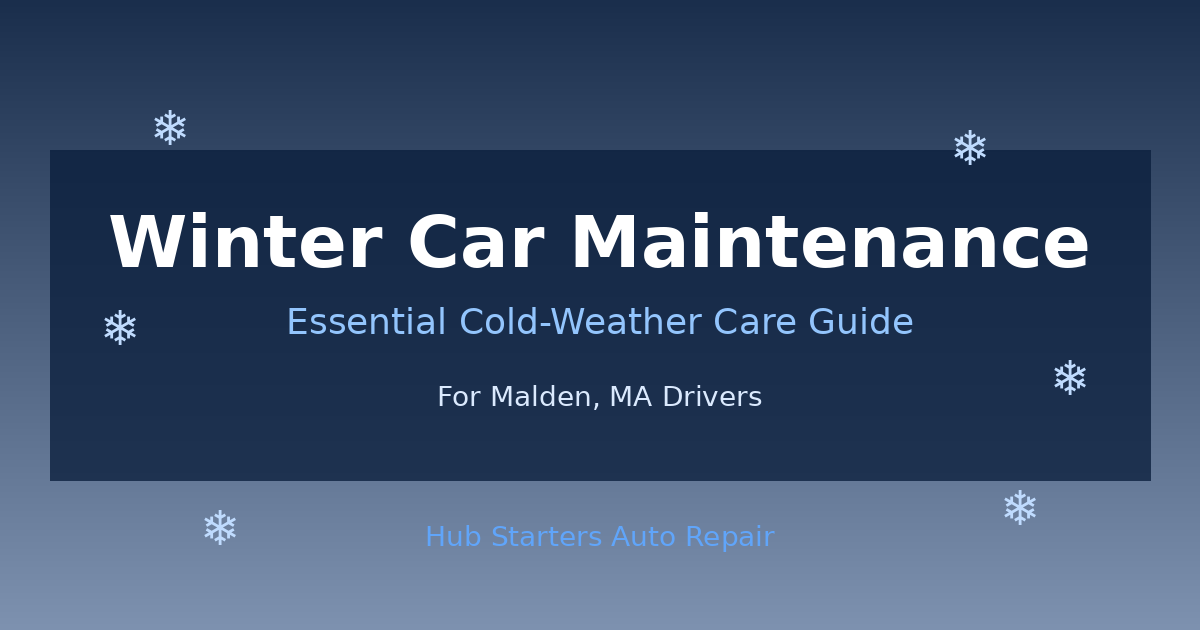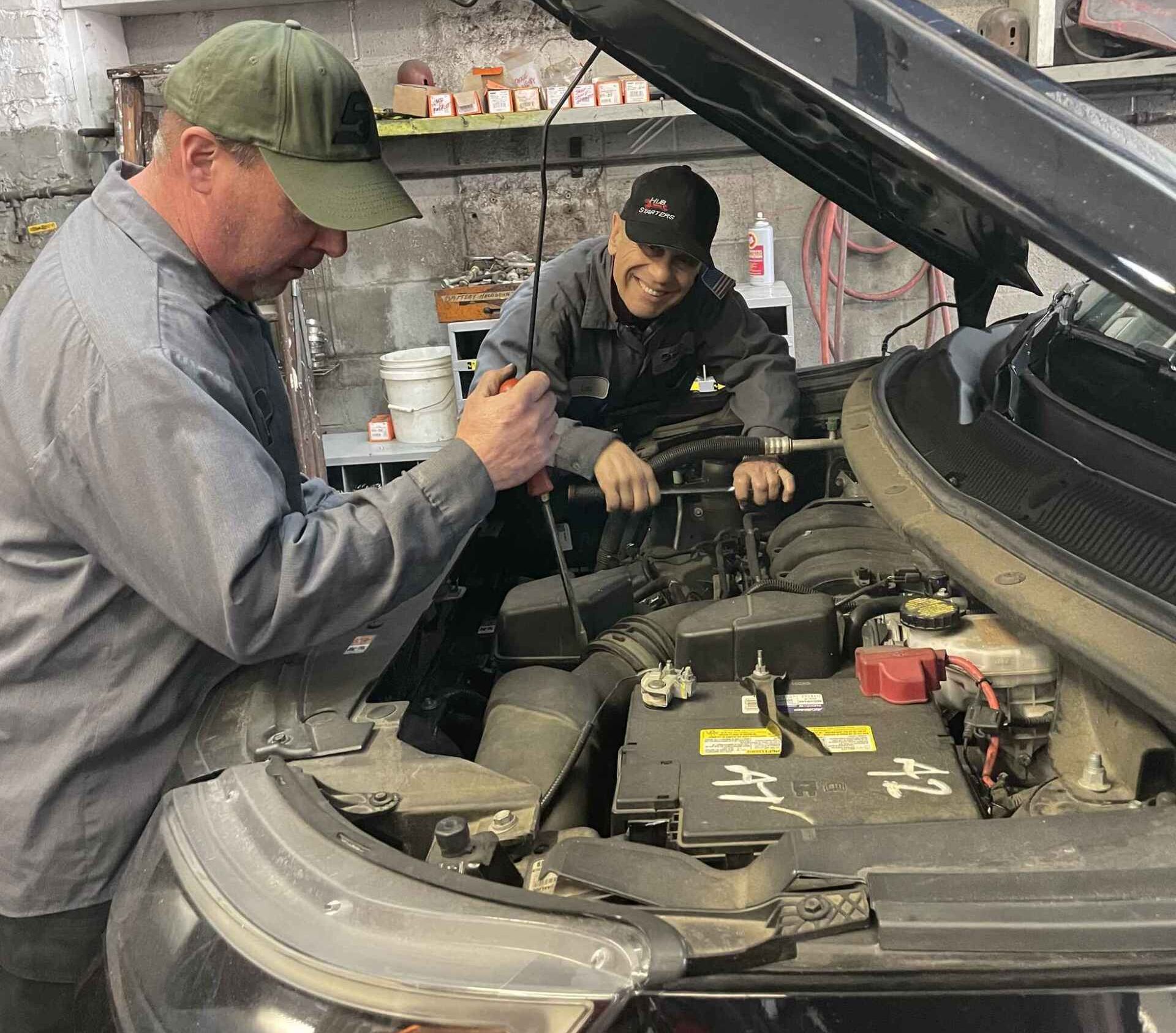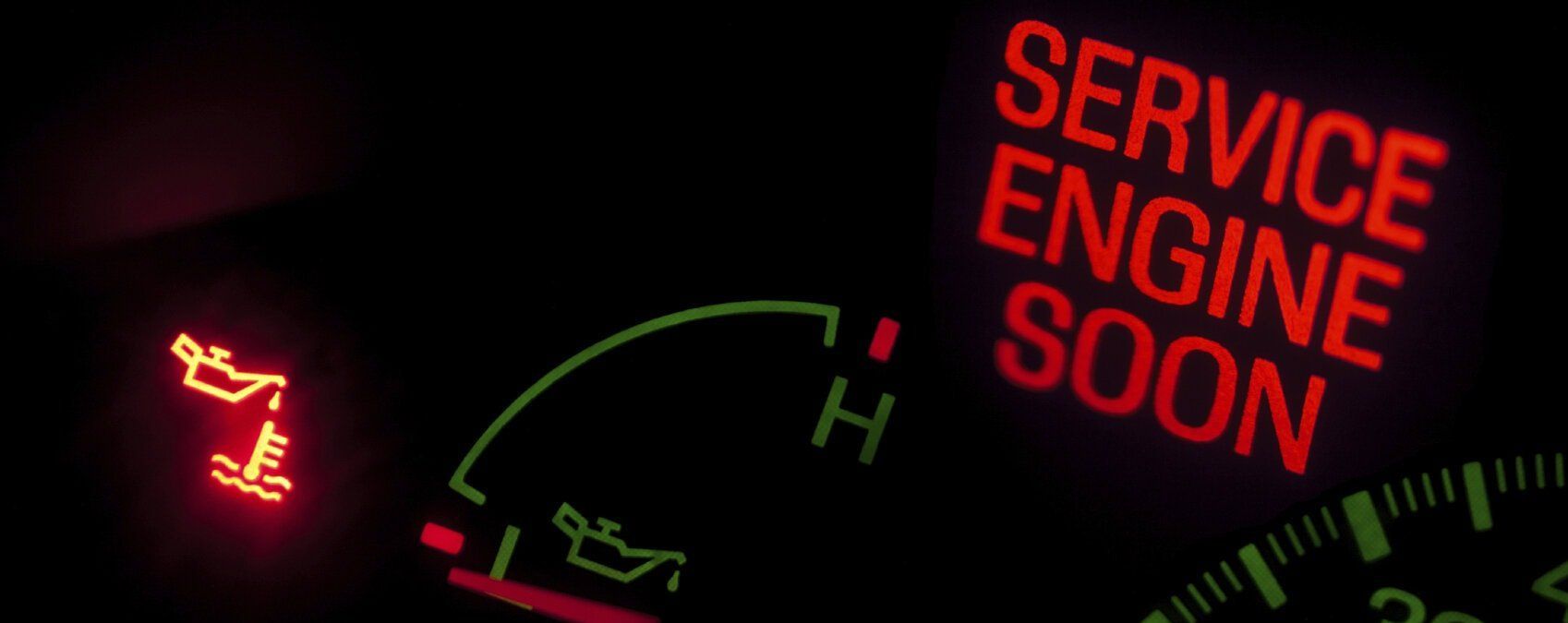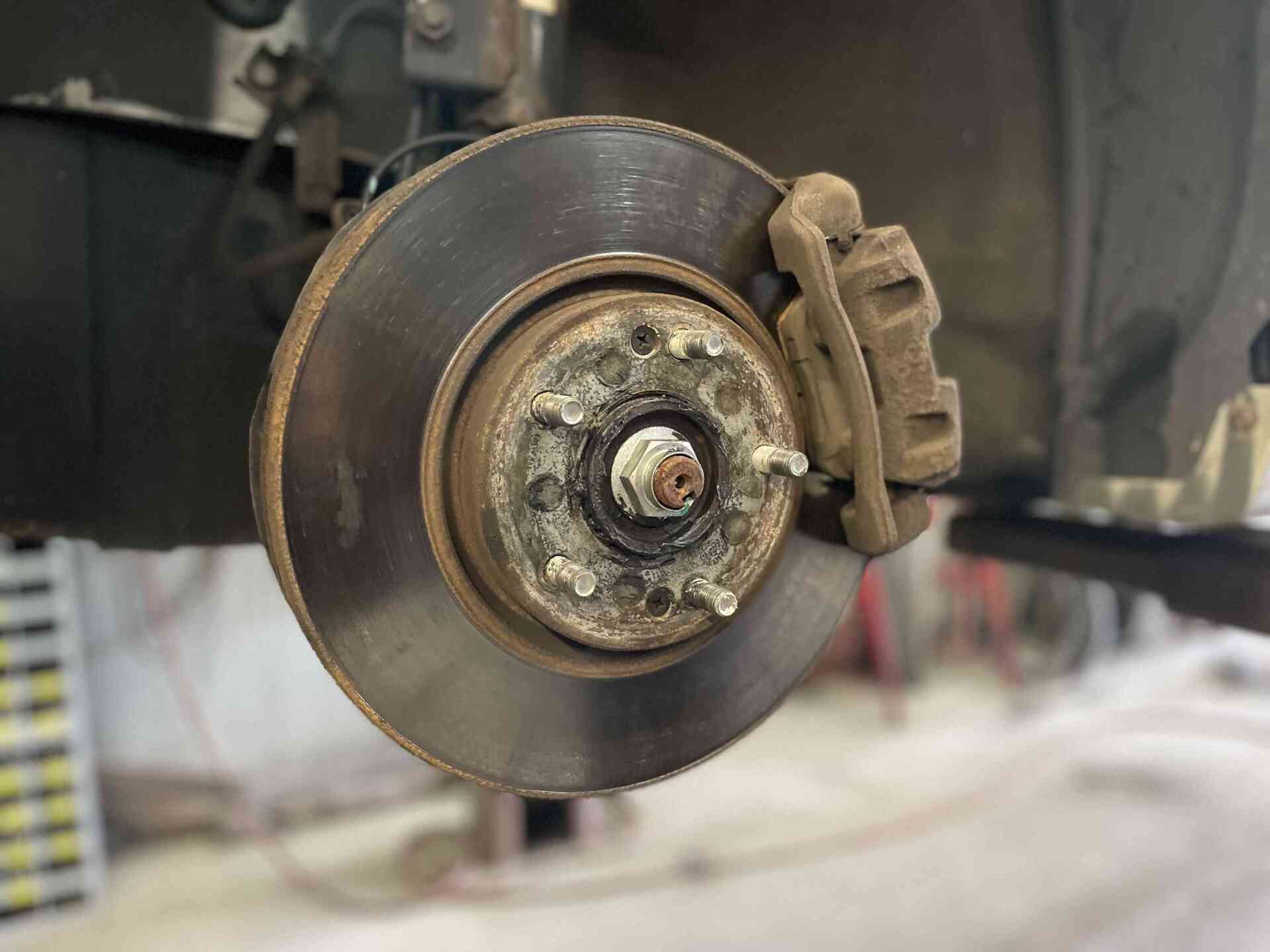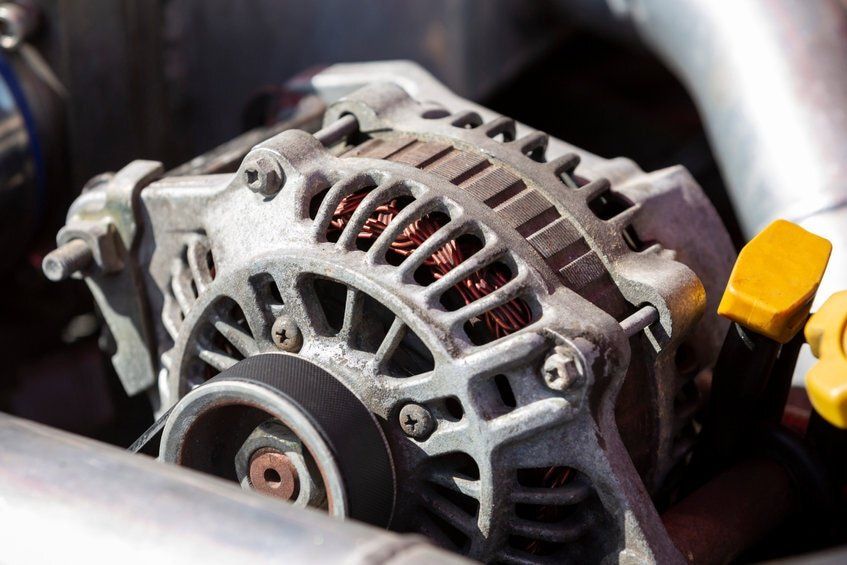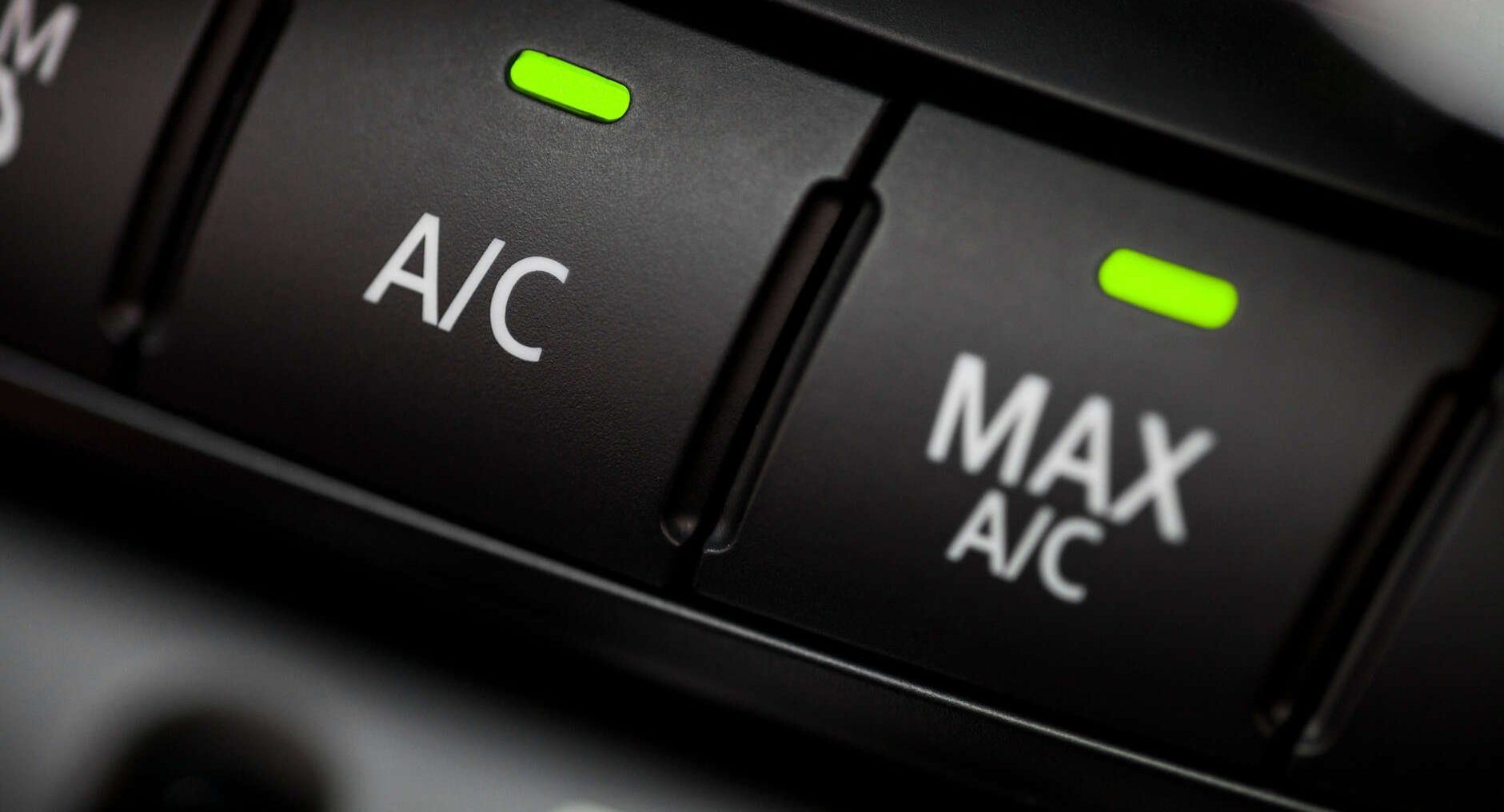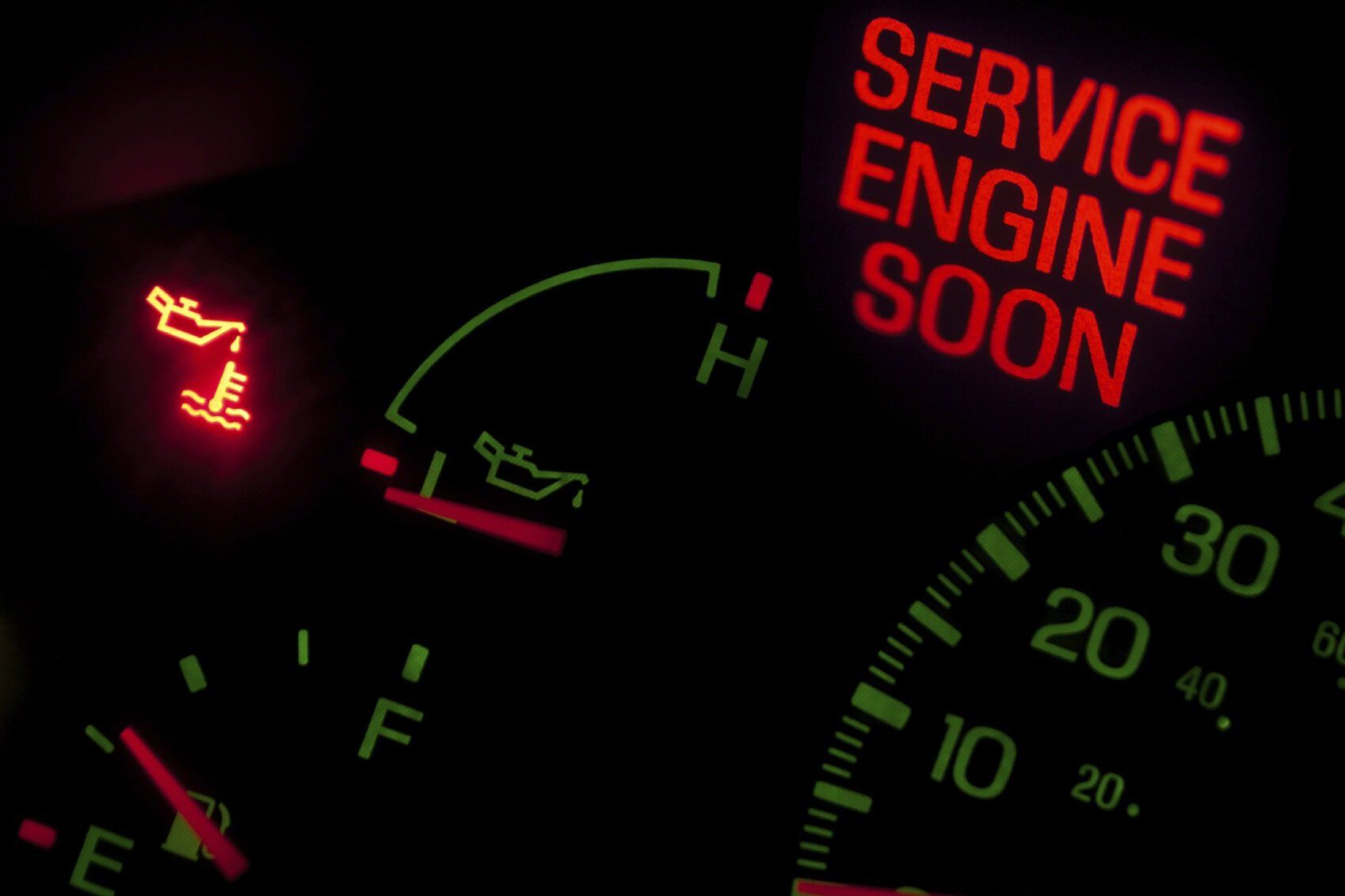November 13, 2025
How to Avoid Overpaying for Auto Repairs in Malden
Nobody wants to feel like they've been taken advantage of at an auto repair shop. Unfortunately, the automotive repair industry has earned a reputation—sometimes deserved, sometimes not—for overcharging customers or recommending unnecessary services. At Hub Starters Auto Repair in Malden, we believe that informed customers make the best customers. That's why we're sharing the insider knowledge that will help you avoid overpaying and ensure you're getting fair, honest service every time you need repairs.

Understanding the Real Cost of Auto Repairs
Before we dive into money-saving strategies, it's important to understand what you're actually paying for when you get auto repairs. Your bill typically includes three components: parts, labor, and shop overhead. In the Malden area, labor rates generally range from $100-$150 per hour, depending on the shop's expertise, location, and equipment investment.
These rates aren't arbitrary. They cover the cost of trained technicians, specialized diagnostic equipment that can cost tens of thousands of dollars, insurance, facility costs, and the expertise that comes from years of experience. A quality shop with ASE-certified technicians and modern diagnostic tools provides value that justifies their rates.
Red Flags: Signs You Might Be Getting Overcharged
Let's start with the warning signs that should make you question whether you're being treated fairly.
Pressure Tactics and Scare Language: If a shop tells you your car is "dangerous to drive" or that you "absolutely must" fix something immediately without showing you the problem or explaining why, be cautious. Legitimate safety issues do exist, but reputable shops will show you the worn brake pads, the leaking fluid, or the damaged component. They'll explain the risk clearly without using fear to pressure you into immediate repairs.
Vague or Incomplete Estimates: You should always receive a detailed, written estimate before any work begins. If a shop gives you a verbal quote or a handwritten note with just a total price and no breakdown, that's a red flag. You deserve to know exactly what parts are being replaced, how much labor time is involved, and what each item costs.
Refusal to Show Old Parts: Honest shops will show you the parts they replaced. If you ask to see your old brake pads, worn belts, or failed components and the shop refuses or makes excuses, that's concerning. We keep removed parts available for customer inspection because we want you to see exactly why the repair was necessary.
Significant Price Increases After Inspection: While it's true that additional problems can be discovered during repairs, dramatic price increases without explanation are suspicious. If your $400 brake job suddenly becomes $1,200, you should get a detailed explanation of what changed and why, and you have the right to decline the additional work.
Upselling Services That Don't Match Your Mileage: Every vehicle has a manufacturer-recommended maintenance schedule. If a shop is recommending transmission flushes at 30,000 miles when your manual says 60,000, or coolant changes when your coolant is still fresh, they may be overselling services.
Get Multiple Estimates (The Smart Way)
One of the best ways to avoid overpaying is to get multiple estimates, but there's a right way and a wrong way to do this.
Do Your Homework First: Before you call shops, research your vehicle's issue. If your check engine light is on, many auto parts stores will read the code for free. Knowing that you have a P0420 code (catalytic converter efficiency) gives you specific information to discuss with shops.
Be Specific and Consistent: When calling for estimates, provide the same detailed information to each shop. Don't just say "my brakes are making noise." Say "my front brakes are squealing when I apply them, especially at low speeds, and I can feel slight pulsation in the pedal." The more specific you are, the more accurate the estimates will be.
Compare Apples to Apples: The cheapest estimate isn't always the best value. Are they quoting OEM parts or aftermarket? Does the price include a warranty? How much labor time are they estimating? A $300 brake job with budget pads and a 30-day warranty isn't the same as a $450 job with quality parts and a 3-year warranty.
Watch Out for Lowball Quotes: Some shops intentionally provide low initial quotes to get you in the door, then "discover" additional problems. If one estimate is dramatically lower than others, it may be too good to be true.
Know Your Vehicle's Maintenance Schedule
Your owner's manual is your best defense against unnecessary services. Manufacturers specify exactly when services should be performed based on extensive testing and engineering.
Follow the Manual, Not Generic Advice: Some shops recommend services based on time intervals that don't match your specific vehicle. For example, older vehicles might have needed transmission services every 30,000 miles, but many modern vehicles can go 60,000-100,000 miles or more. Your manual has the right answer for your car.
Understand "Severe Service" Intervals: Most manuals list both normal and severe service schedules. In Malden, with our stop-and-go traffic, short trips, and harsh winters, many vehicles qualify for severe service intervals. This isn't a scam—it's legitimate. Short trips where the engine doesn't fully warm up, frequent idling, and cold weather operation are harder on your vehicle than highway driving.
Keep Your Service Records: Maintain a file of all services performed. This prevents shops from recommending services you recently completed and helps you track when maintenance is actually due. We maintain digital records for our customers, but you should keep your own backup as well.
Ask the Right Questions
Don't be afraid to ask questions about recommended repairs. A reputable shop welcomes questions because they want you to understand and feel confident about the work.
Essential Questions to Ask:
"Can you show me the problem?" Any visible issue—worn brake pads, cracked belts, leaking hoses—should be demonstrable. Even internal problems can often be shown through diagnostic data or borescope inspection.
"What happens if I don't do this repair right now?" This helps you understand urgency and prioritize repairs if budget is a concern. Some issues are safety-critical and truly need immediate attention. Others can be monitored and addressed later.
"Are you recommending OEM or aftermarket parts?" OEM (Original Equipment Manufacturer) parts are made to the exact specifications of your vehicle but cost more. Quality aftermarket parts can be excellent alternatives at lower prices. You should know what you're getting and why.
"What's included in your warranty?" Parts and labor warranties vary significantly. Understanding coverage protects you if something goes wrong after the repair.
"How did you arrive at this price?" A good shop can break down their estimate: this part costs X, we need Y hours of labor at our rate of Z, plus shop supplies equals your total.
The Diagnostic Fee: Understanding Its Value
Many customers balk at paying diagnostic fees, but understanding their purpose can change your perspective.
Modern vehicles are computers on wheels. Your car might have 50-100 electronic control modules, thousands of sensors, and millions of lines of code. When something goes wrong, finding the root cause requires specialized equipment, technical databases, and skilled analysis. This takes time and expertise.
Why Diagnostic Fees Make Sense: A proper diagnosis might take 1-3 hours of skilled technician time. The technician isn't just plugging in a code reader—they're analyzing data, performing tests, consulting technical service bulletins, and using their experience to identify the actual problem rather than just replacing parts based on a code.
Red Flags: Free diagnostics often mean the shop plans to make their money elsewhere—possibly through inflated repair prices or by replacing parts until the problem goes away. Quality shops charge for diagnostic time because they value their expertise and invest in proper problem-solving.
At Hub Starters, we charge a fair diagnostic fee that we apply toward your repair if you choose to have us do the work. This ensures we can take the time to accurately identify your vehicle's issue rather than guessing.
Understand Malden-Specific Factors
Living in Malden comes with unique automotive challenges that impact repair needs and costs.
Road Salt and Corrosion: Massachusetts's heavy road salt use accelerates rust and corrosion. This means brake components, exhaust systems, and underbody parts often wear faster here than in other regions. What might seem like premature failure is actually normal for our climate. This isn't shops trying to upsell—it's the reality of driving in New England.
Pothole Damage: Our freeze-thaw cycles create notorious potholes. Alignment issues, tire damage, and suspension problems are more common in Malden than in areas with better road conditions. If your shop recommends frequent alignments, it might be legitimate given our road conditions.
Stop-and-Go Traffic: Urban driving around Malden and commuting into Boston is harder on brakes, transmissions, and engines than highway driving. Your vehicle may need more frequent service than someone who primarily drives on highways, and this isn't an attempt to overcharge you.
Price Shop Smart: When to Compare and When to Trust
While getting competitive pricing is smart, constantly shopping around can actually cost you more in the long run.
The Value of a Relationship: When you establish a relationship with a trusted local shop, they get to know your vehicle's history. They can spot patterns, remember past issues, and provide more accurate diagnostics. They're also more likely to give loyal customers benefits like courtesy inspections, flexible scheduling, or priority service.
When to Get Multiple Quotes:
- Major repairs over $1,000
- When you're new to an area and haven't established a trusted shop
- If something feels off about a recommendation
- For scheduled maintenance that's purely price-driven (oil changes, tire rotations)
When to Trust Your Shop:
- You have an established relationship with consistent good experiences
- They've proven their honesty by telling you when repairs can wait
- They've shown you problems and explained them clearly
- Their prices have been fair and consistent over time
Know Common Repair Costs in the Malden Area
Having a general sense of what repairs should cost helps you spot outliers. Here are typical price ranges for common services in the Malden area:
- Oil change: $50-$80 (conventional), $80-$120 (synthetic)
- Brake pads (per axle): $150-$300
- Brake pads and rotors (per axle): $300-$500
- Battery replacement: $100-$200
- Alternator replacement: $500-$800
- Starter replacement: $400-$700
- Tire rotation: $20-$50
- Wheel alignment: $75-$150
- State inspection: $35 (set by Massachusetts)
Prices vary based on your vehicle make and model, parts quality, and shop rates, but these ranges give you a baseline.
Watch Out for Unnecessary Add-Ons
Some shops pad their profits with unnecessary add-on services. Here are common ones to scrutinize:
Engine Flushes and Additives: Unless your engine has documented sludge problems, you generally don't need special flushes beyond regular oil changes with quality oil. Be skeptical of "mandatory" engine treatments.
Fuel System Cleaners: Modern fuel already contains detergents. While occasional fuel system cleaning can be beneficial for high-mileage vehicles, it's rarely necessary at every service interval.
Undercoating and Rust Prevention (After Purchase): While rust prevention is valuable in Massachusetts, having it done after you buy the vehicle is often overpriced. If you want undercoating, it's usually more cost-effective to have it done at purchase or at a specialist.
Nitrogen Tire Fills: While nitrogen has marginal benefits, regular air works perfectly fine for normal driving. Don't pay extra for nitrogen unless you're tracking your car or have specific performance needs.
Your Action Plan to Avoid Overpaying
Here's your roadmap to ensuring you always get fair value for your auto repair dollars:
- Establish a relationship with a trusted local shop before you have an emergency. When you're not desperate, you can make better decisions.
- Keep your owner's manual handy and familiarize yourself with your vehicle's maintenance schedule.
- Maintain service records so you know what's been done and when.
- Don't ignore warning signs until they become emergencies. Preventive maintenance is cheaper than breakdown repairs.
- Ask questions and expect clear answers. Good shops welcome informed customers.
- Get second opinions on major repairs but don't price shop every oil change to death.
- Research your vehicle's common issues so you're not surprised when a known problem occurs.
- Trust your instincts. If something feels wrong about a shop's recommendations or pricing, get another opinion.
The Bottom Line
Avoiding overpriced auto repairs isn't about finding the cheapest option—it's about getting fair value from honest, skilled professionals. The cheapest repair often costs more in the long run through comebacks, inferior parts, or band-aid fixes that don't address root causes.
At Hub Starters Auto Repair, we believe that educated customers make better decisions and have better outcomes. We'd rather explain why you don't need a repair than sell you something unnecessary. That philosophy has earned us the trust of the Malden community, and it's how we plan to serve you for years to come.
Ready to experience honest, fair-priced auto repair? Visit Hub Starters Auto Repair in Malden, where transparency isn't just a policy—it's our promise.
Hub Starters Auto Repair serves Malden and surrounding communities with honest, expert auto repair services. Our ASE-certified technicians provide detailed explanations, transparent pricing, and quality workmanship you can trust. Stop by or call us today to experience the difference that honest service makes.
